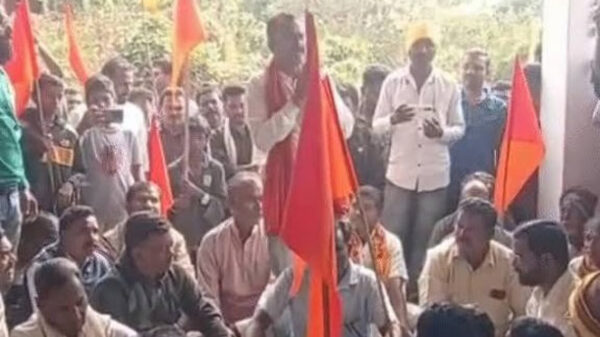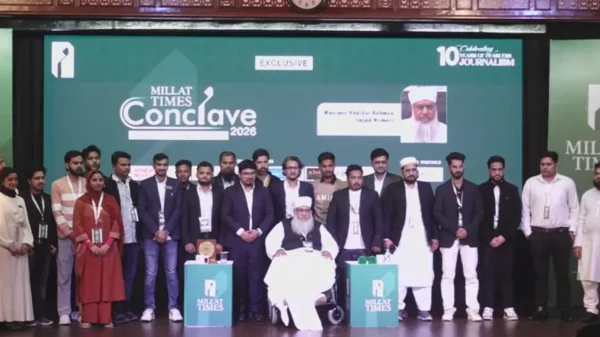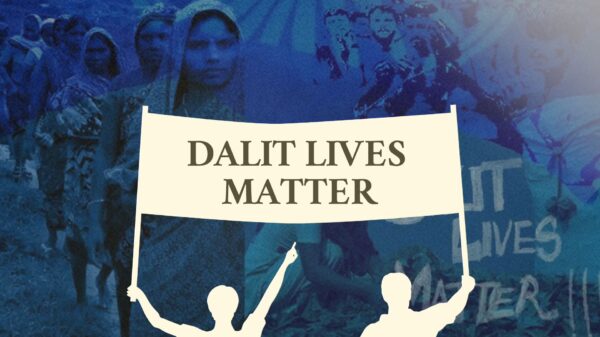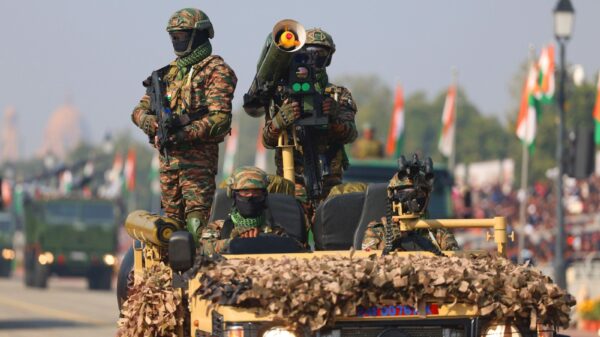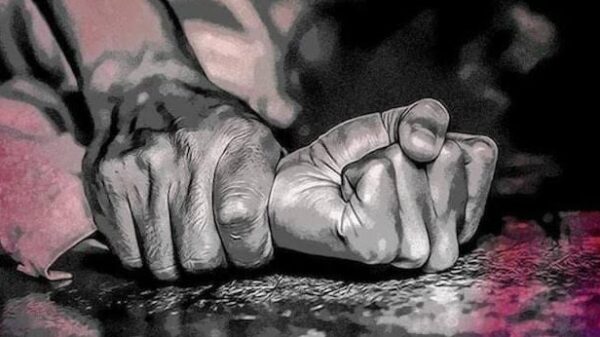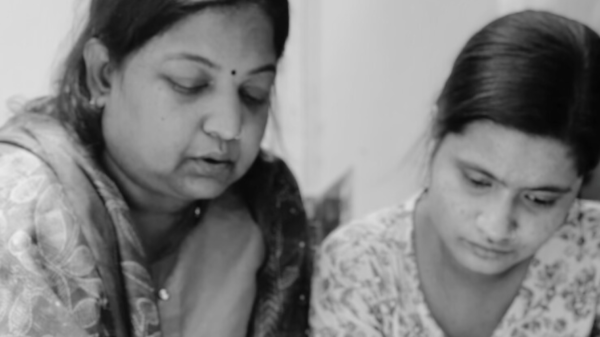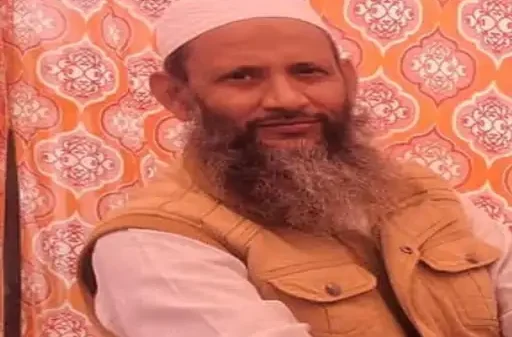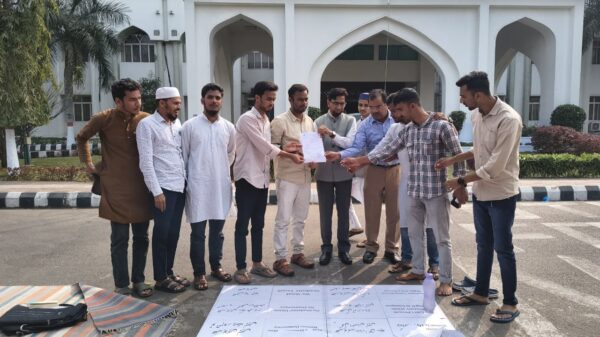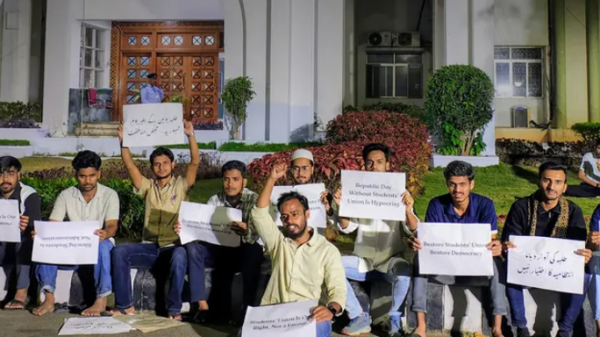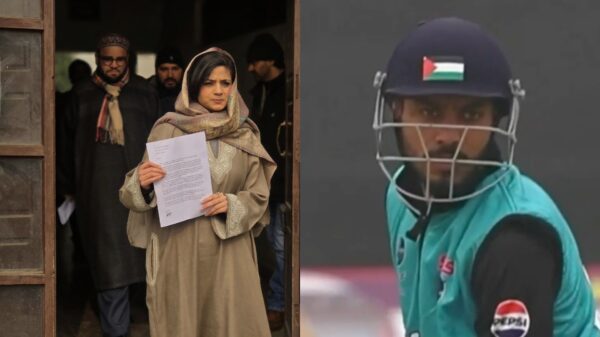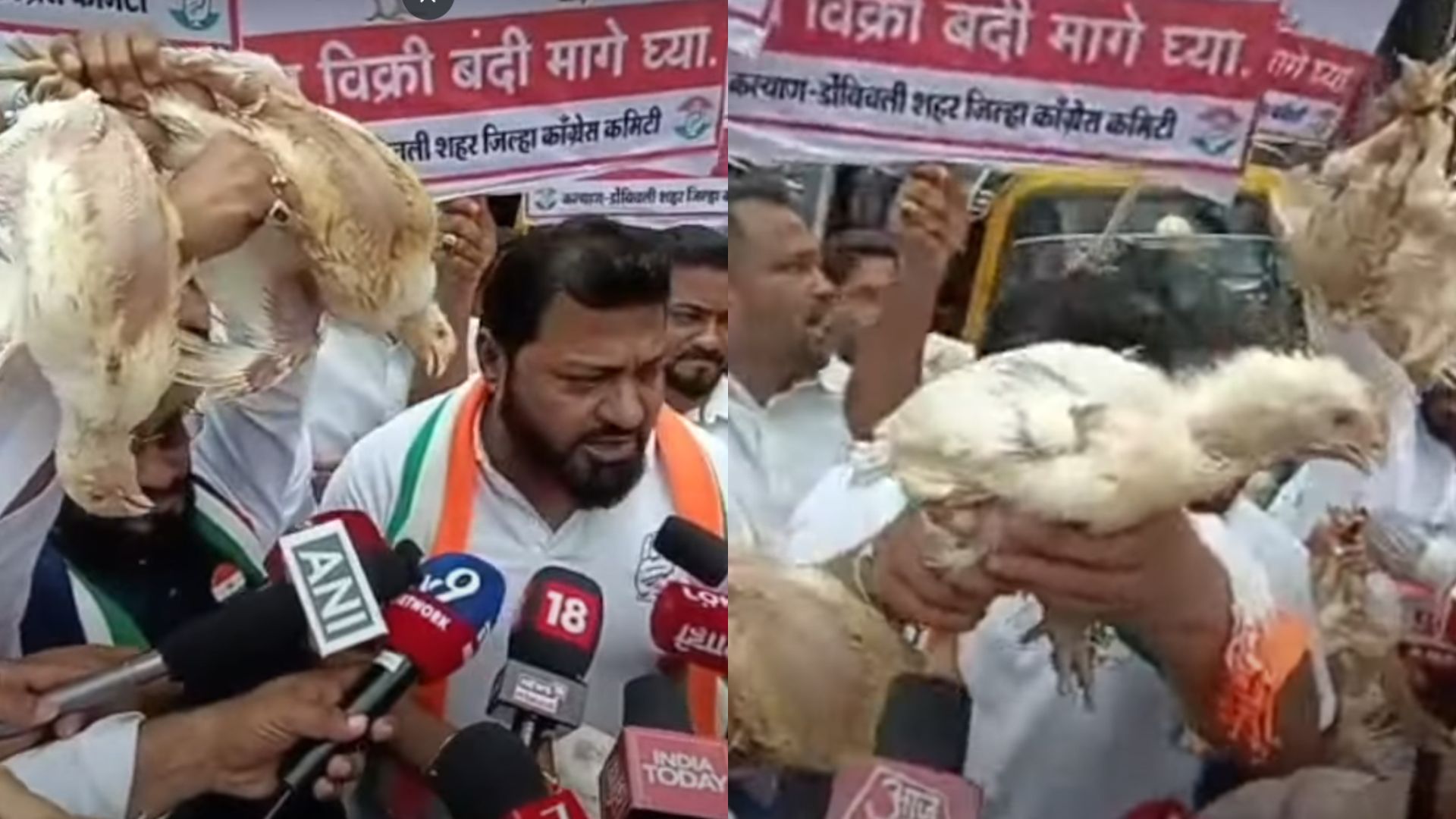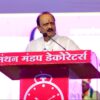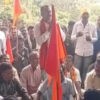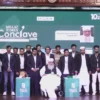On Friday, members of opposition parties, meat sellers’ associations, and community groups gathered outside the Kalyan Dombivli Municipal Corporation (KDMC) headquarters in Thane district to protest the civic body’s Independence Day meat ban. Many demonstrators carried live roosters and chickens, chanting slogans against the order to close meat shops and abattoirs for 24 hours from midnight on August 14 to midnight on August 15.
Participants included workers from the Congress, Shiv Sena (UBT), and Maharashtra Navnirman Sena (MNS). The KDMC had warned that violations of the closure order for slaughterhouses and licensed butchers—covering goats, sheep, chickens, and large animals—would invite action under the Maharashtra Municipal Corporation Act, 1949.
Municipal Commissioner Abhinav Goyal defended the decision, saying it followed a government order and was “nothing new.” Police had deployed heavy security from Shivaji Chowk to Shankarrao Chowk in Kalyan, and several protesters were detained beforehand as a preventive step, said Deputy Commissioner of Police Atul Zende.
Congress district president Sachin Pote, who joined the protest, quipped to reporters, “A rooster wakes people up in the morning. Today, we brought roosters to wake up the administration.”
Similar Independence Day meat bans have been enforced in other Maharashtra cities, including Nagpur, Nashik, Malegaon, and Chhatrapati Sambhajinagar, sparking debates over personal freedom. While opposition parties have criticised the move, BJP leaders have pointed out that the policy was first introduced in 1988 under then-chief minister Sharad Pawar, questioning whether the Opposition would confront him over it.
Chief Minister Devendra Fadnavis earlier dismissed the dispute as an “unnecessary” controversy, insisting the state government had no intention of regulating people’s food choices.






